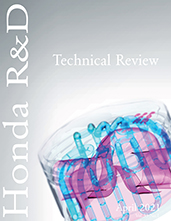Training / Education
Emissions-Related OBD Systems A Design Overview
This course is designed to provide an overview of the fundamental design objectives and the features needed to achieve those objectives for generic on-board diagnostics. The basic structure of an on-board diagnostic will be described along with the system definitions needed for successful implementation.

